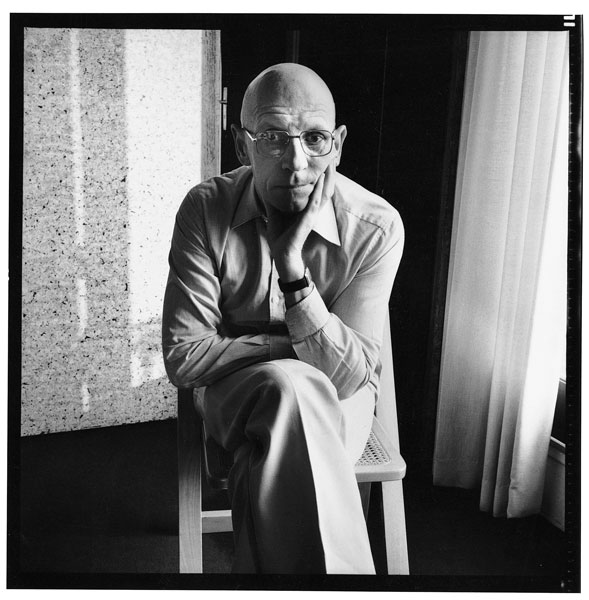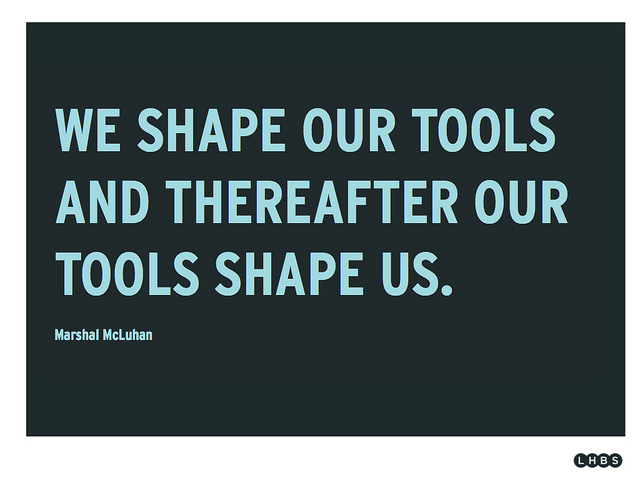Okay, this is half-baked, baked-half, and most likely under theorized but then, again, I’m shorting, so I think it’s okay.
Cluck-cluck.
It’s really just a parallel I’ve noticed between rhetoric and conditioning (the non-hair follicular kind). There’s a trope called metonymy and in rhetoric it means that you are making an association between things through their contiguity (Burbules, 1997). So, for instance, say you’re advertising for a Hungry Man chicken dinner and you want that dinner to be associated with something abstract like “love.” You could make an advertisement where you surround that chicken dinner with metonymic images of “love” (e.g. hearts, puppies, and Ted Nugent). And if you repeat this imagery enough “love” might rub off enough from the images on to a Hungry Man chicken dinner to remind a lot of people about “love.” Eating a Hungry Man chicken dinner might become a metonym for “love.” Instead of “I heart you” we might say, “I Hungry Man chicken dinner you.”
Conditioning (that behavioral kind) seems to be doing something similar, don’t it? Say you have a chicken that you want to train to cluck when it sees an image of “love” (i.e. if it sees hearts, puppies, or Ted Nugent). What you’d do is shape the behavior. You’d have a cue (e.g. the pictures). And you’d have a reinforcement (e.g. a treat like a piece of bread or a Hungry Man!). Then you’d have the behavior you wanted (i.e. a cluck when the chicken sees the pictures). Every time there is a cluck when an appropriate picture is shown, you’d provide a treat. You’d do this until you associated clucking with the pictures and the treat so much so that once the chicken sees the picture, she doesn’t even need the treat. It’s automatic. Seeing those pictures results in a cluck without the treat. In a sense, the chicken is part of a metonymical move. What I mean is, the imagery is associated with “love.”
Rhetors do similar things. Instead of food, they associate an image with other images to make an association and make that association automatic. Conditioning and metonymying aint’ exactly alike but, then again, they ain’t exactly different. I was thinkin’ that maybe what rhetors do should be called “metonymic conditioning.” Whatcha think?
Watch this vid on Conditioning Chickens
Last thing and I swear it’s funny! A Prof. of Psych told me about something her dad did when he was a college student. In a class of his, the students conducted a conditioning experiment on their teacher (teacher wasn’t in on the experiment). Every time the teacher stood in a certain part of the room, the class would participate in discussion. Everywhere else, there was no discussion. From my understanding, it worked and the teacher began spending a lot of time in that part of the room. The teacher got Hungry Manned!





